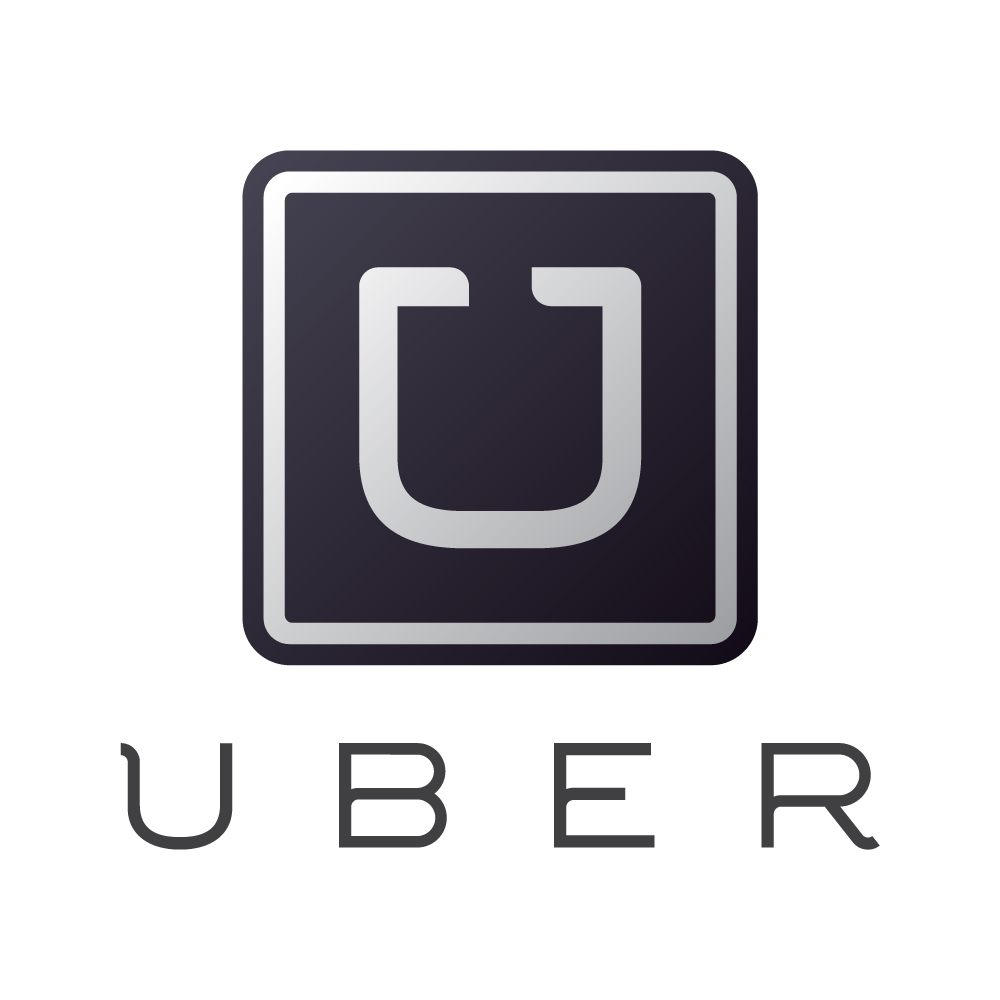
As technology continues to advance, the availability of apps that provide services has seen astounding growth. Traditionally citizens were accustomed to buying goods and services that were only provided at specific stores, but over time the methods of obtaining these goods and services has greatly expanded. With the invention of the telephone people were able to purchase services such as deliveries and pick-ups, and with the computer and internet came the introduction of online shopping. The next trend, as described by Jason Tanz in an article in Wired Magazine, appears to be the presence of services provided by other citizens (Tanz). Tanz described this as a “shared economy” and used apps such as Airbnb, Lyft, and Uber as examples to explain the concept. This type of application allows the user to hire a service directly from an app on his or her phone and the provider of the service is another citizen that has the means to fulfill that service. For example, Uber drivers serve as taxi drivers and are readily available to users with the app. This makes it easier and faster to find transportation and gives other citizens to use their personal vehicle as a means of providing a service without committing to a full time job (Tanz). He compares these services to eBay, saying that eBay requires no trust now due to a centralized method of guaranteeing buyer satisfaction. Are these new services provided by this newly created shared economy as fool-proof as we seem, or are there inherent risks that users should be aware of?
Sharing economy is when people are connected to resources through redistribution mainly through the means of technology. Its when a participant shares access to a good rather than individually owning it. Collaborative consumption is another word that often comes up when talking about sharing economy, meaning multi usage of one product by many people. Going back to the beginning the term “shared economy” first started appearing in the mid 2000’s (Tanz). The term collaborative consumption on the hand was coined in 1978 in the American Behavioral Scientist by Marcus Felson and Joe L. Spaeth. Since then shared economy has been described using various terms such as: exchanging, swapping, renting, micro-financing, crowdfunding, and many other names and terms. As described from the website “The People Who Share” there are 10 building blocks that make up sharing economy, they consist of people, production, value and systems of exchange, distribution, planet, power, shared law, communications, culture and future (Matofska). Companies typically have a rating system for both sides of the deal, it lets others know if the main owner of the product is trustworthy, it also lets other owners know if that buyer is trustworthy as well. It all circulates through trust.
Here’s a PDF that talking about sharing economy.

Sharing Economy, like Uber is a great trend! It benefits for both costumers and drivers. This new phenimeon creates more jobs. Also, people can reach a car in their least time. On the other hand, Uber also provides flexible workplace for drivers. Most uber drivers are not full-time, and many of them just want to earn a little more on roads after they leave from offices. They need floating people, people need unpredictable drivers. This is such a win-win strategy. A more detailed article talks about the benefits of Uber can vbe found here: http://fortune.com/2015/07/20/uber-and-the-sharing-economy/
Sharing economy is a growing phenomena. On college campuses it is often the only option and companies like uber can be life saving when you need to get to work, or the bus station, etc. Sharing economy can be beneficial not only for an individual saving money but also for our environment. As we all know cars can largely contribute to global warming and the fact that our world is slowly deteriorating. Apps such as uber are helping make a difference in this, we don’t NEED to own cars anymore. Another company that is pro sharing economy is zip car. You pay to use a car by the hour or days. All you have to do is go to the spot where the car is located and show your code and then you are free to drive around! Here is a zip car article stating ten other companies that promote sharing economy. Your post was a great introduction to a growing topic.